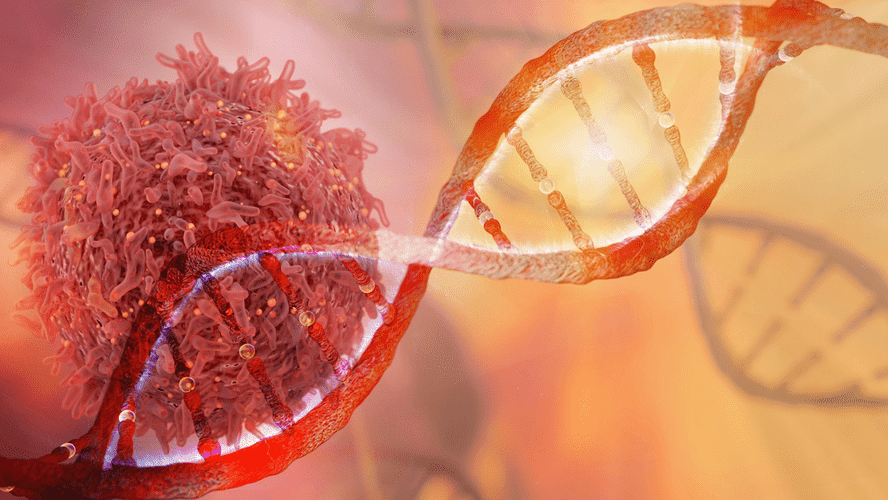When you use alcohol (or any substance) to artificially boost serotonin and dopamine levels in your brain, you create an imbalance in the brain. Dopamine is another neurotransmitter that is responsible for feelings of pleasure and happiness. It is also responsible for regulating movement and emotional response. Dopamine depletion can cause apathy, boredom, and lack of motivation. To unpack some of the underlying reasons you feel bored right now, it helps to understand what alcohol does to your brain. Come on, you’ve got to admit that does sound nice.

Substance Use Treatment
For example, you might choose to avoid certain environments or events where alcohol marijuana addiction is the main focus. By setting boundaries, you can protect your well-being and ensure a positive social experience. For me, most of the “social” events I went to were really just drinking events. Anything that involved a bar was drinking first, socialize second, and 90% of my social life was in a bar. This kind of social life doesn’t fly with sobriety. Upon leaving treatment, you will soon learn that life post-treatment does not have the same level of support.
Let’s talk about your project.
“They order a club soda with lime, and it doesn’t bother them.” Learn about opportunities to help change the conversation around mental health. The truth is that figuring out your normal isn’t easy. But it’s better than drinking to fit in and risking your recovery.
Authentic Relationships: Practice May Not Make It Perfect, but Don’t Give Up on All of Your Friends

She explains that just one in 13 adults has diagnosed alcoholism (meaning that they compulsively abuse being sober around drinkers alcohol, feel bad when they’re not drinking, and/or don’t have control over their behavior, per Alcohol.org). By “trying to get your life straight”, I assume you mean you’re trying to not drink anymore. In that case, I’d say no to hanging out with people getting their drink on.
One of my college friends used to get drunk and aggressively challenge someone to start naming states so that he could name their respective capitals. He would scream the answers and taunt everyone in the room. No one seriously challenged him, because no one seriously cared.
I would totally love to learn to knit or DIY refurbish a chair like they do on Flea Market Flip, but for now, I mostly stick to writing and playing with my very active (and talkative) five-year-old daughter. Not on its own, but maybe it starts a conversation and a friend comes over just to sit with you and make sure you’re good. And while these things might sound serious and scary, it’s important to note that it’s one piece of a larger puzzle. It’s not as simple as “getting out there” and “trying something new.” It’s hard to do that when you suffer from extreme depression and anhedonia. The very things you should be doing to feel better require a level of motivation you might not be able to fathom.
- I’m still avoiding some social events at almost 7 months sober.
- People in recovery from a substance use disorder frequently have problems meeting work-related responsibilities, maintaining employment, and managing money.
- Here are some surprising (and not-so-surprising) occurrences that will inevitably happen to your relationships, your identity, even your free time, and how I’ve learned to deal with each one.
- By sharing your journey, you create an opportunity for open dialogue and potentially reduce any potential discomfort or misunderstandings.
After committing to a life without alcohol, slipping back into former social routines might endanger the journey towards sobriety. Exposure to environments where friends are consuming alcoholic beverages carries the risk of reawakening past addictions. With alcohol within easy reach and witnessing others enjoy drinks, your dedication to remaining sober could be significantly tested. By suggesting these alternatives, you can create opportunities for shared experiences that don’t revolve around alcohol. This can help you feel more comfortable and engaged in social gatherings, while also providing an opportunity for your friends to support your sober lifestyle. Remember to communicate your preferences and interests openly to ensure everyone is on the same page.
- Picture yourself arriving at the party, getting a non-alcoholic beverage, eating appetizers, and steering clear of the bar area.
- It’s important to surround yourself with those who will be supportive.
- The life I had before I quit drinking was a lot like Groundhog Day; I was always waiting for it to begin and always reliving the same stuff, day after day, year after year.
- It’s a subversive, hardcore choice to take your life into your own hands.
Recovery Support
Now you might be listening and be like I don’t have that relationship with your family and that’s fine, and maybe this episode isn’t for you and that is okay too. But if you want to learn more, keep on trucking through this episode so you might start noticing how often drinking is the glue that holds the whole family together. It’s almost like drinking is another, is like the member of the family Best way I can say for drinking this. I don’t care what people do when I’m not around, that’s none of my business, but I just stay away from the drinking situations. Fortunately, all my old friends were drinking buddies at best, so now I’m just not who they want to spend time with. It’s highly uncomfortable for them to see the ex dumpster fire kicking ass and taking names.
